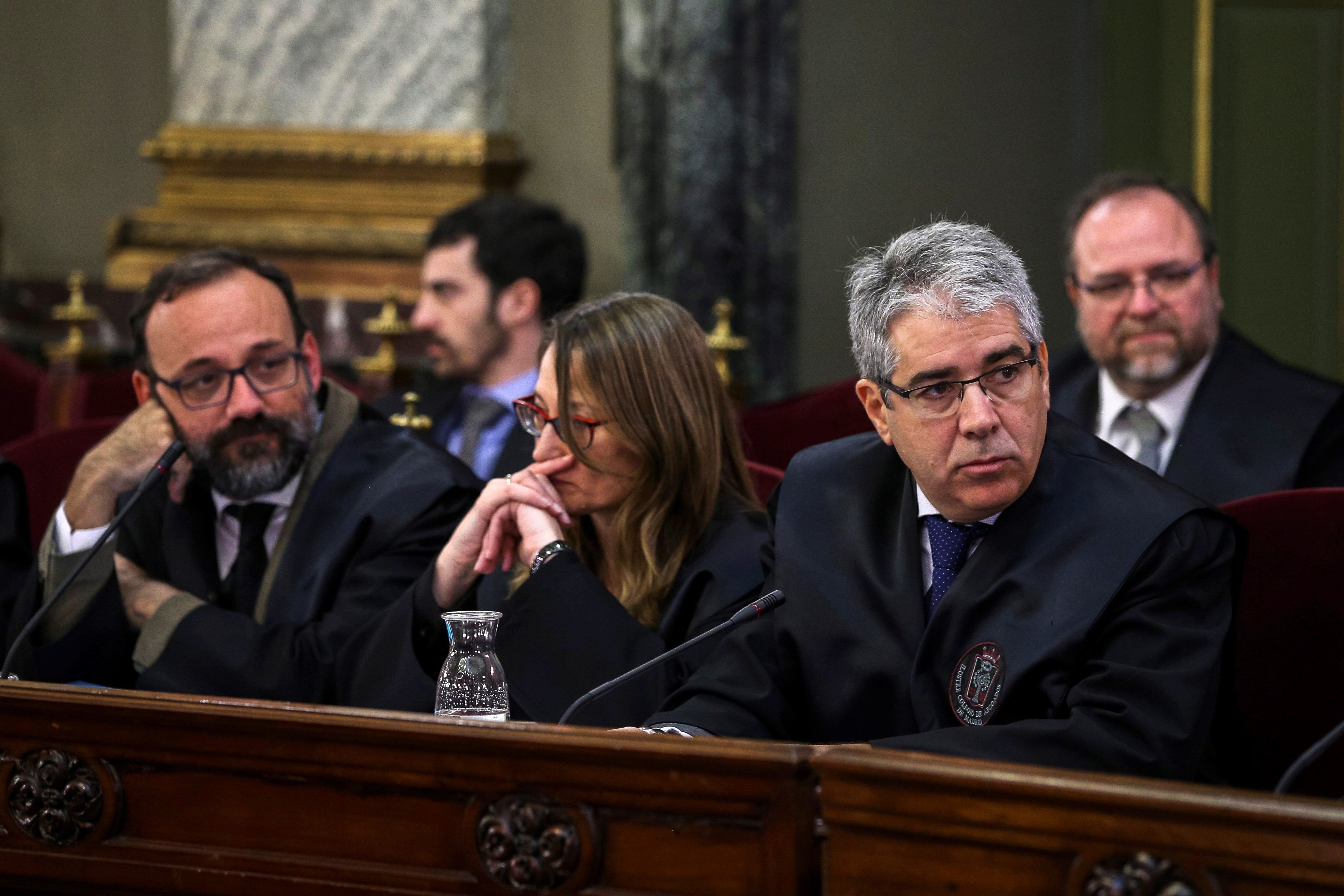The European Court of Human Rights (ECHR) has not only admitted the appeals against the Spanish state submitted by the Catalan pro-independence leaders convicted over the independence referendum of 1st October, 2017, but as part of the same case file, the ECHR has also included an appeal presented by former Catalan minister Francesc Homs against the disqualification from holding office to which he was sentenced by the Spanish Supreme Court, in relation to the unofficial referendum held three years earlier, the so-called Consulta of 9th November, 2014.
Homs was sentenced to one year and one month in prison for serious disobedience over his role in that vote, forcing him to relinquish his seat in the Spanish Congress where he led the PDeCAT deputies. Subsequently, the controversial public auditing tribunal, the Court of Accounts, also investigated those responsible for the 2014 vote and ordered them to return 4.9 million euros, the amount of public money supposedly spent on seeking Catalans' views on independence in 2014.
The ECHR informed the ex-minister of the decision to grant his request in a letter written in Catalan, as it had already done earlier this week with a communication to the president of Òmnium, Jordi Cuixart, and the other released political prisoners who had been jailed over the 2017 vote. In fact, all the statements were resolved at once and are dated November 14th.
Although in the case of Homs, the conviction is not connected to the referendum of October 1st, 2017, but rather to the Consulta organized in 2014, the ECHR has brought the two cases together with a common case number, CEDC-LCat1.1R, thus creating a kind of pro-independence macro-case in Strasbourg.
Case on 2014 vote
For now, Homs is the only one of those convicted over the 2014 vote who has appealed to the European Court of Human Rights. The others convicted for the Consulta, president Artur Mas, vice president Joana Ortega and education minister Irene Rigau, were convicted by the Catalan High Court and their appeal journey through the Spanish justice system did not end until October, when they received a response from the Constitutional Court rejecting their final appeal.
By contrast, Homs received the latest Constitutional Court thumbs-down in May and filed the suit in Strasbourg on an appropriate date, November 9th this year.
Independent and impartial tribunal
In his letter, the former minister explained that he was initially not included in the complaint filed by Spain's chief public prosecutor - overuling the decision of public prosecutors in Catalonia - against Mas, Ortega and Rigau. However, a year later, just as he had taken his seat in Congress, the prosecution, in a "surprise" move and without having learnt any new facts, ordered his investigation over the case.
In addition, as a result of his status as a deputy in Congress, he was tried and convicted by the Supreme Court, which left him without the possibility of appeal to a second instance within Spain. Thus, he complained to the ECHR that his right to an independent and impartial tribunal had been violated, as well as the right to present evidence in his defence and the right to have access to justice.
In the main image, former Catalan minister Francesc Homs in an image from the 2019 trial of pro-independence leaders in the Supreme Court, at which he acted as a defence lawyer / Europa Press

